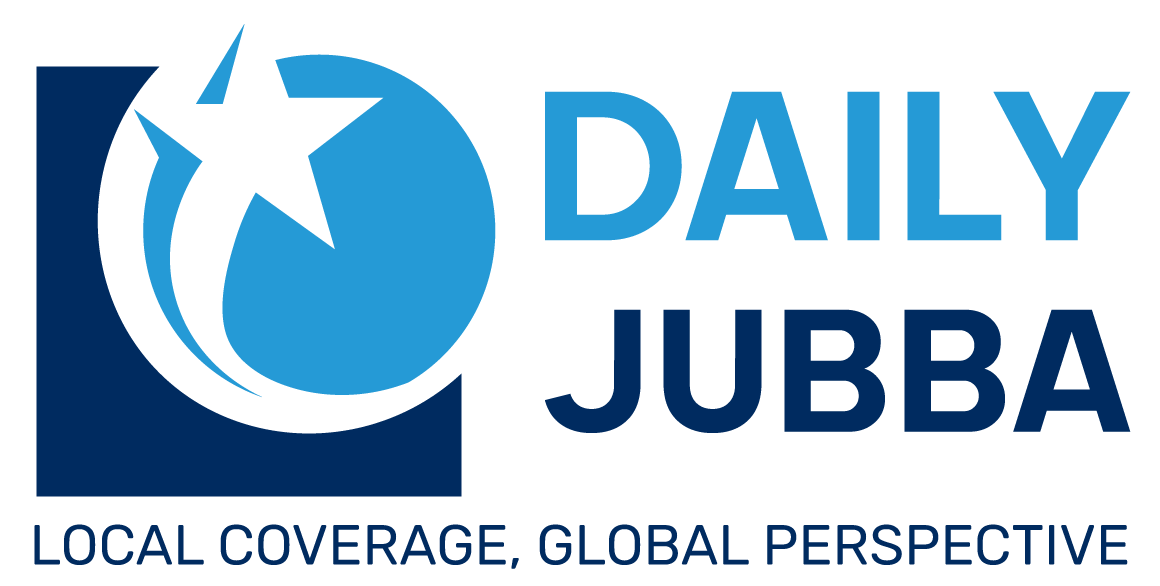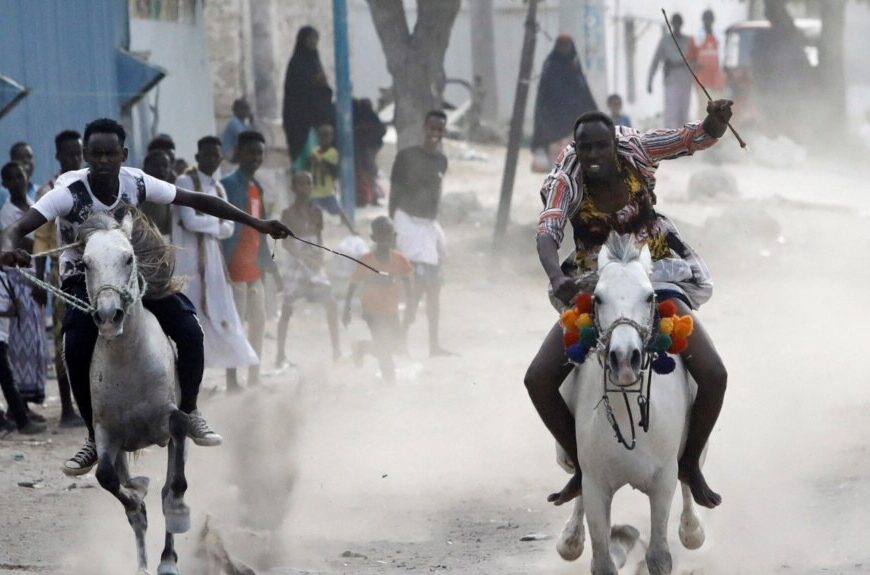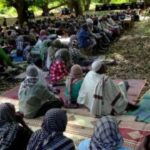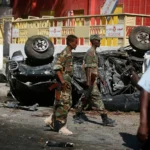Abdi Mohamud
Somalis in diaspora are immersed in and drawn deeply into the politics and affairs of their home country: Somalia. Issues regarding Somalia are regularly debated and discussed on social media platforms, the main topics of interest being of political nature. People back home are also constantly weighing in and giving their opinions on politics. But not much progress is achieved through these debates. No consensus is built and no differences are bridged. This does not mean that people are unintelligent or unwilling to overcome their challenges. Their efforts are often hampered by two factors, namely clan chauvinism and deep mistrust with each other. The reason things are not changing quickly and satisfactorily enough is because they are not done right. Courage, honesty, and action are necessary for making any meaningful progress. Remediation and reversal of the messy situation will be unlikely in the absence of these strategies. The diaspora should be aware that they are far removed from the epicenter in which all the action is happening. Therefore, talking alone will do little or nothing at all. While the writer of this piece is aware of the importance of politics in Somali society, there are also other worthy issues such as education, poverty, minority matters and so on. These worthy issues get scant attention, and they appeal to an insignificant sector of the broader public. Why so? To answer this question needs further research which is beyond the scope of this piece but suffice to say that the level of engagement in these matters is unsatisfactory.
Diaspora’s involvement in the affairs of their home country is not meritless. However, they should focus more on serving their own communities abroad first. They direct all their attention to Somalia at the expense of their own communities that they have established in the foreign countries in which they have chosen to settle. In every city and major town in Western Europe and North America, there exist sizable Somali populations that have the capacity to organize their own community associations. Unfortunately, that usually does not happen. There exists a lack of community spirit or willingness to come together and work on the common good. It is hard to pinpoint precisely what is behind the general apathy or lack of enthusiasm when it comes to establishing functioning, equitable, and transparent community associations. Lethargy, clanism, lack of awareness and mistrust as well as many other factors may be at play. To allow these negative forces to get in the way and hamper efforts to build communities and achieve success together is unacceptable, irrational, and counterproductive. It is hurtful and painful. Disunity is not an option because it weakens you and keeps you disadvantaged and despised. Unity allows us to prosper, to be productive, respected, and recognised. It allows you to be valued and admired by the general public in which we live. When there is unity, there are also opportunities for gains in areas such as economics, governance, education, and so on. Conversely, without unity these achievements will always remain beyond reach.
In an earlier post that appeared on https://www.dailyjubba.com/2022/08/03/minneapolis-somalis-opportunities-and-challengest, I argued that achievements made by Somalis in the diaspora are insufficient in terms of building and strengthening diaspora communities. Individuals in business and professional practices are making efforts to just get ahead and only better their own personal lives. On that front, there is progress. But the progress and its benefits are solely enjoyed by the owners of the said businesses and professional practices. These fortunate individuals are supposed to take leading roles in establishing and running well functioning community associations. They are expected to use their influence, wealth, and network to advance community interests, as is the norm for many minorities in the West and elsewhere. Take an example for the East Indians, Arabs or our fellow Africans, namely Nigerians and Ethiopians. It is their wealthy and educated who are in the forefront in all community matters. They finance community programs and donate their time. They offer advice and guidance on a regular basis to their community organizations.
There is still opportunity for the Somali diaspora to advance the interests of their community members, despite living in societies where there are norms and values that differ from their own. In fact, it is likely that threats to their values, such as the legalization of LGBTQ+ in Minneapolis and other places, will be a catalyst for community unity. Because the Somali community in Minneapolis feels threatened by these Western norms that are legislated. They are gripped by panic and apprehension. They are concerned about their children embracing these foreign attitudes, behaviors, and customs that are promoted in schools and all public spheres. They view these things as dangerous and incompatible with their own customs. Their anxieties grow. Many parents are weighing options and even talking about moving out of their adopted countries in the West to places like Egypt, Kenya, Turkey and so on. While parents’ dilemma is understandable, moving away may not be the only option. Community members need to come together, take their grievances to elected officials at all levels, and consult with legal experts to get the best advice on how to address these matters. They may also meet school officials and share their concerns with them. It is possible that these officials will have some options that will work for them. Community members also need to talk to other muslim groups and non muslim traditional minorities with similar dilemmas to see what strategies they are employing in regard to the LGBTQ issues.
Furthermore, the community should be more active and provide spaces for their children in which they can engage in activities they are interested in. When children come together and do activities together regularly, they will bond and trust each other. That knowledge and trust will enable them to stay connected, have families, and acquire skills to lead their communities in the future. Parents will also have the opportunity to impart them with important knowledge pertaining to faith and culture. Such community spaces will be places for serenity and tranquility without outside pressure and interference. Community spirit, growth, and bondedness will be realized. These efforts should be maintained to strengthen Somali communities in the diaspora as well as to protect their culture and customs.
Ways to minimize the impact of LGBTQ challenges should be discussed and strategized both at family and community level. Parents should advise their children cautiously. They should have honest conversations with their children without slandering or demeaning anyone, and use wisdom and maturity to handle these issues in an effective and appropriate manner. Parents should show no despair, blame no one, and not overwhelm their children with warnings. Parents should not find it undesirable to have conversations with their children about their uneasiness of new policies. Calmly reminding children that every community has a culture and that different groups do things differently is the correct approach. If possible, parents should go out with their children and allow them to see that different groups have different places to keep their heritage and identities alive.
Working together and fighting for your rights will enable you to steer through these storms. Somalis in the diaspora should pay more attention to the challenges facing them and their communities. They should prioritize the issues affecting their everyday lives. They must know which horse to ride because it is impossible for them to ride two at the same time.
Abdi Mohamud is a social commentator with keen interests on community welfare, societal growth and general well-being of the Somali coteries. You can contact him on [email protected]
All views expressed in this article or any of the other articles written by guest writers, are those of the writers and in no way, shape or form represent those held by our outlet or staff!
You can also feature your writings on The Daily Jubba if you meet the submission requirements on https://bit.ly/3SlMYfz by sending an email to [email protected]




